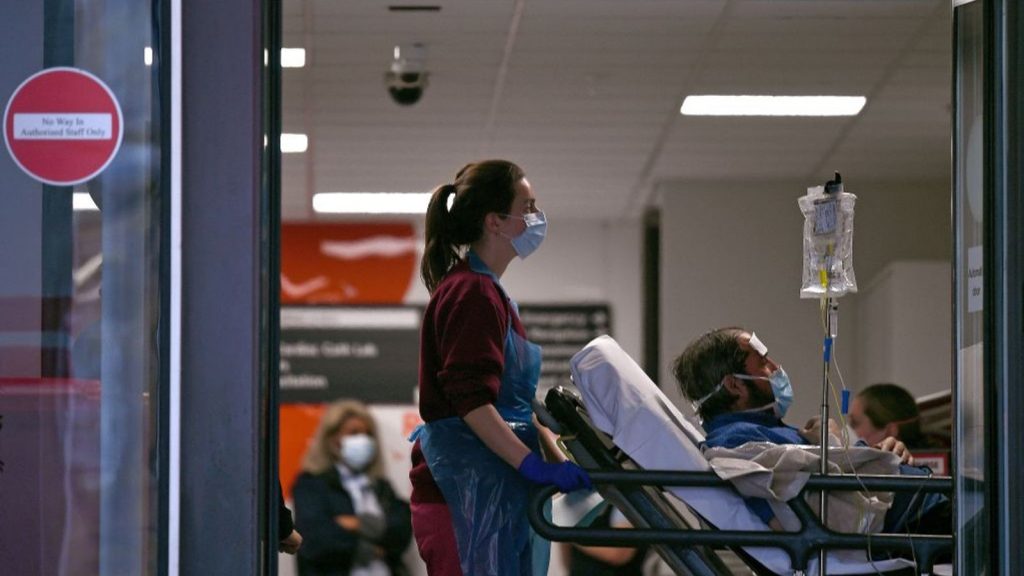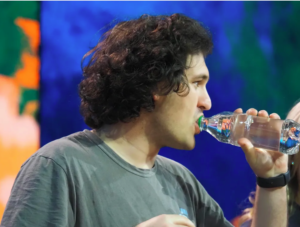Coronavirus: Oxford vaccine scientist predicts more disease outbreaks

Coronavirus
Coronavirus – Professor Sarah Gilberts says human activity is driving the rising threat of viruses and that the risk is unlikely to diminish We should expect more animal-to-human disease outbreaks to emerge in future, a leading scientist has warned.
Professor Sarah Gilbert, who is heading the development of Oxford University’s coronavirus vaccine, says human activity is driving the rising threat of viruses and that the risk is unlikely to reduce as globalisation continues.
“Greater population density, greater travel, deforestation – all of these things make it more likely that these outbreaks will happen and then something will spread,” she told The Independent.
“Because of the way things have been going in the world, it’s more likely we’ll have zoonotic infections causing outbreaks in the future.”
A zoonotic infection is a disease caused by a pathogen, such as a bacterium or virus, that has jumped from an animal to a human.
Most researchers believe COVID-19 emerged in bats and infected humans via another animal – probably in a market in Wuhan, China, where the virus was first detected.
Other deadly diseases such as Ebola, Sars and the West Nile Virus have also originated in animals.
The WHO estimates 75% of all new and emerging infectious diseases are zoonotic, meaning they come from animals.
Earlier this year Sky News, visited several animal markets in southeast Asia that have been dubbed “pathogen cafes” because of their potential for spreading disease.
In total, 60% of all infectious diseases in humans are zoonotic.
Trials of the potential coronavirus vaccine being developed at the University of Oxford have suggested it is safe and induces an immune response to the disease.
The project is currently waiting the results of phase three trials and if a high level of efficacy is proven, a vaccine could be available by the end of the year.
Source – https://news.sky.com/





